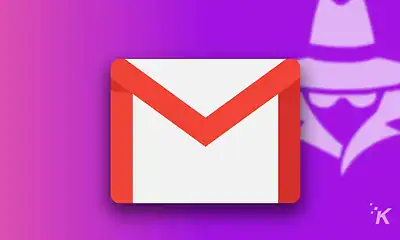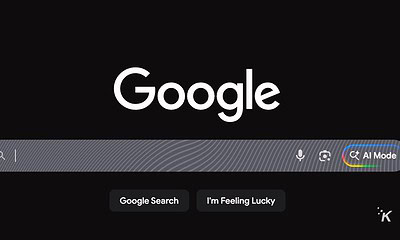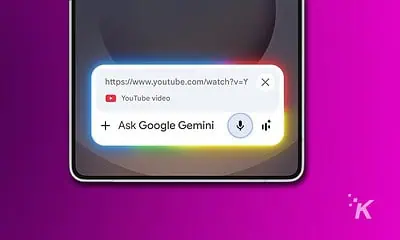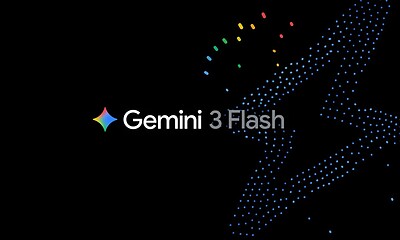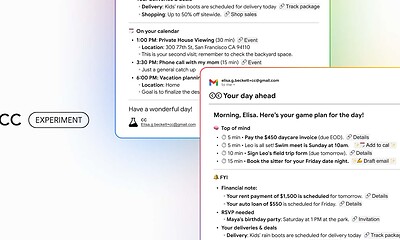Gemini Deep Research can now access emails, drive, search history, chats
Instead of just tossing back a quick answer like a normal chatbot, Deep Research actually builds a multi-step plan.

Just a heads up, if you buy something through our links, we may get a small share of the sale. It’s one of the ways we keep the lights on here. Click here for more.
Google’s latest AI party trick is here, and it’s nosing around in your inbox, politely, of course.
The company announced that Gemini’s “Deep Research” feature can now tap into your Gmail, Drive files, and even Google Chat logs to help it build serious research reports or at least serious-looking ones.
According to Google, this was “one of our most-requested features,” which really says something about how many people would love an AI to do their homework, business cases, and competitive analysis for them.
Here’s how it works: instead of just tossing back a quick answer like a normal chatbot, Deep Research actually builds a multi-step plan.
It searches the web, gathers information, cross-references sources, and spits out a report you can keep tweaking.
When you’re happy with it, you can export the whole thing into a Google Doc, or, if you’re feeling extra futuristic, into an AI-generated podcast. (Yes, the AI can now talk your research at you.)
Google pitched some very corporate use cases to make this sound productive, like starting a market analysis by letting Gemini dig through your team’s brainstorming docs, email chains, and project plans.
Or maybe you want a spicy competitor report that blends public data with secret internal spreadsheets. Either way, Gemini is ready to rummage through your digital attic.
When you activate Deep Research, you can choose which sources Gemini is allowed to peek at: regular Google Search, Gmail, Drive, and/or Chat.
So yes, that means the AI can read your emails, your Docs, your Slides, your Sheets, your PDFs, and even those “totally serious” team chats.
There is a catch: it’s desktop-only for now. But Google says mobile support is coming “in the next few days,” which is tech-speak for “soon, but don’t quote us on it.”
So if you’ve ever thought, “Wow, I wish Google Docs would just write this report for me using all the stuff I already typed,” congratulations, the future has arrived, and it has read your email.
















